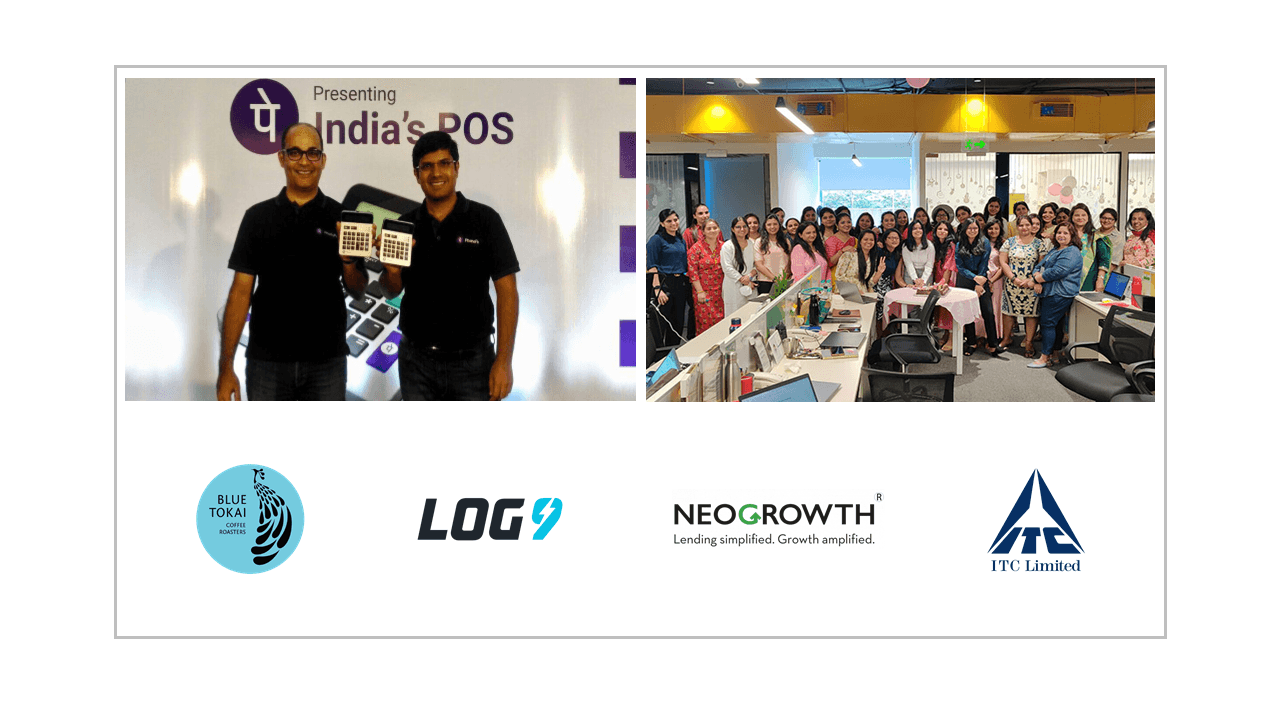“GoMechanic’s erroneous speedometer”
One of the widely dicussed news of the week is a Linkedin post written by the founder of GoMechanic, which acknowledges financial misreporting by the company and the decision to lay off seventy percent of their workforce in coming weeks. A forensic audit, to be conducted by EY, has been announced by the existing investors.
GoMechanic, a multibrand network of car service centers, was founded by Amit Bhasin, Kushal Karwa, Nitin Rana, Rishabh Karwa in 2016. Reportedly, GoMechanic has over 1000 service centres spread across 40+ cities in India. The revenue for FY 22 stood at ₹96.8 Cr as compared to ₹47.2 Cr in FY 21. The losses for the same period had increased from ₹27.4 Cr in FY 21 to ₹114.3 Cr in FY 22.
GoMechanic has raised more than $60 million in funding to date from a clutch of global investors, including Tiger Global, Sequoia Capital, Orios Venture Partners, and Chiratae Ventures, among others. GoMechanic also counts Pawan Munjal, Managing Director of Hero Moto Corp, as its backer. Munjal’s family trust owns about 0.5 percent stake in GoMechanic, according to private market data provider, Tracxn.
GoMechanic had last raised ~$42 Mn at a valuation of $285 Mn as part of the Series C round in Dec 2021 from Tiger Global and others. As per the moneycontrol report here, GoMechanic was in talks with the existing investors as well as Softbank to raise Series D funds at a valuation of over $1 Bn, which would have made GoMechanic a unicorn. As per the report the founders stressed on a higher valuation of $1.2 Bn.
On paper, it appeared that GoMechanic ticked all the boxes for becoming a unicorn. A pedigree of founders from the prestigious institutes such as IIM A, prominent set of global VC firms as existing investors, unique business model and first mover advantage as automobile service options in India are either the company authorised dealer network, which are far, few and expensive, or the road-side garages which are cheaper but rank low on reliability.
Things started to unravel when SoftBank hired an auditing firm, EY, to do the financial due diligence for the prospective investment, and the findings of EY were shocking for all. Finally, it led to the confession of the founder himself through a LinkedIn post.
Financial misreporting can broadly happen in two ways. Either the company includes revenues which do not exist or it excludes expenses which have been incurred. Apart from outright wilful indulgence of quoting ficticious revenues as alleged in the case of GoMechanic, misreporting also happens due to incorrect revenue recognition principle deployed by the startups. Often, startups book the complete revenue upfront which ideally should have been spread over the service duration. This leads to misleading Monthly/Annual revenue rate (ARR/MRR), on which investors base their valuations on. Similarly, in order to project better gross margins, startups tend to overlook substantial direct costs which may have been incurred to earn the revenue.
Further, the likely reason why misreporting gets compounded over time, is lack of focus on the monthly/quarterly MIS reports by startups & investors, once a round has been raised. Scrutiny of MIS reports during the mandatory board meetings by the investors is critical. The business metrics and the quoted financial numbers should be in sync.
Since its inception, Ecosysten Ventures, has priortized financial due diligence over the speed of deal flow or attractive valuation. It is prudent to defer investment decisions unless all queries related to reported financials are adequately addressed.
Secondly, at ESV, we have instituionalised a structured MIS repoting process with all of our portfolio companies. This includes suggesting and enabling enhancements on MIS template to be followed apart from ensuring startups adhere to the timely schedule of communicating financial updates.
The GoMechanic incident, along with previous corporate governance lapses at celebrated unicorns like BharatPe & Zilingo, cast a negative impression on the overall startup ecosystem in India. An ecosystem which is gaining a wider mass audience, reflected through popular TV Shows such as Shark Tank, would be better served by institutionalising robust financial oversight mechanisms and depriortizing ‘growth at any cost’ mindset.
Startup Funding Summary
PhonePe, Bengaluru-based payment gateway, has raised $350 Mn in a funding from General Atlantic and other HNIs – Read More
Avanse Financial, Mumbai-based NBFC startup, has raised $99 Mn in a funding from Kedaara Capital – Read More
Blue Tokai Coffee, New Delhi-based food & beverages firm, has raised $30 Mn in Series B funding round from A91 Partners, White Whale Ventures, 8i Ventures, Grand Anicut Fund and other HNIs – Read More
Log9 Materials, Bengaluru-based edtech startup, has raised $12 Mn in Series B funding from PTV International Ventures. SiriusOne Capital, Cornorstone Ventures, Anicut Capital and other HNIs – Read More
NeoGrowth, Mumbai-based MSME-focused digital lender, has raised $10 Mn in a funding from MicroVest Capital Management – Read More
M&A Snippets
Kolkata-based conglomerate company ITC will acquire Bengaluru-based food and beverage manufacturer Sproutlife Foods for an undisclosed amount – Read More


Comments are closed.